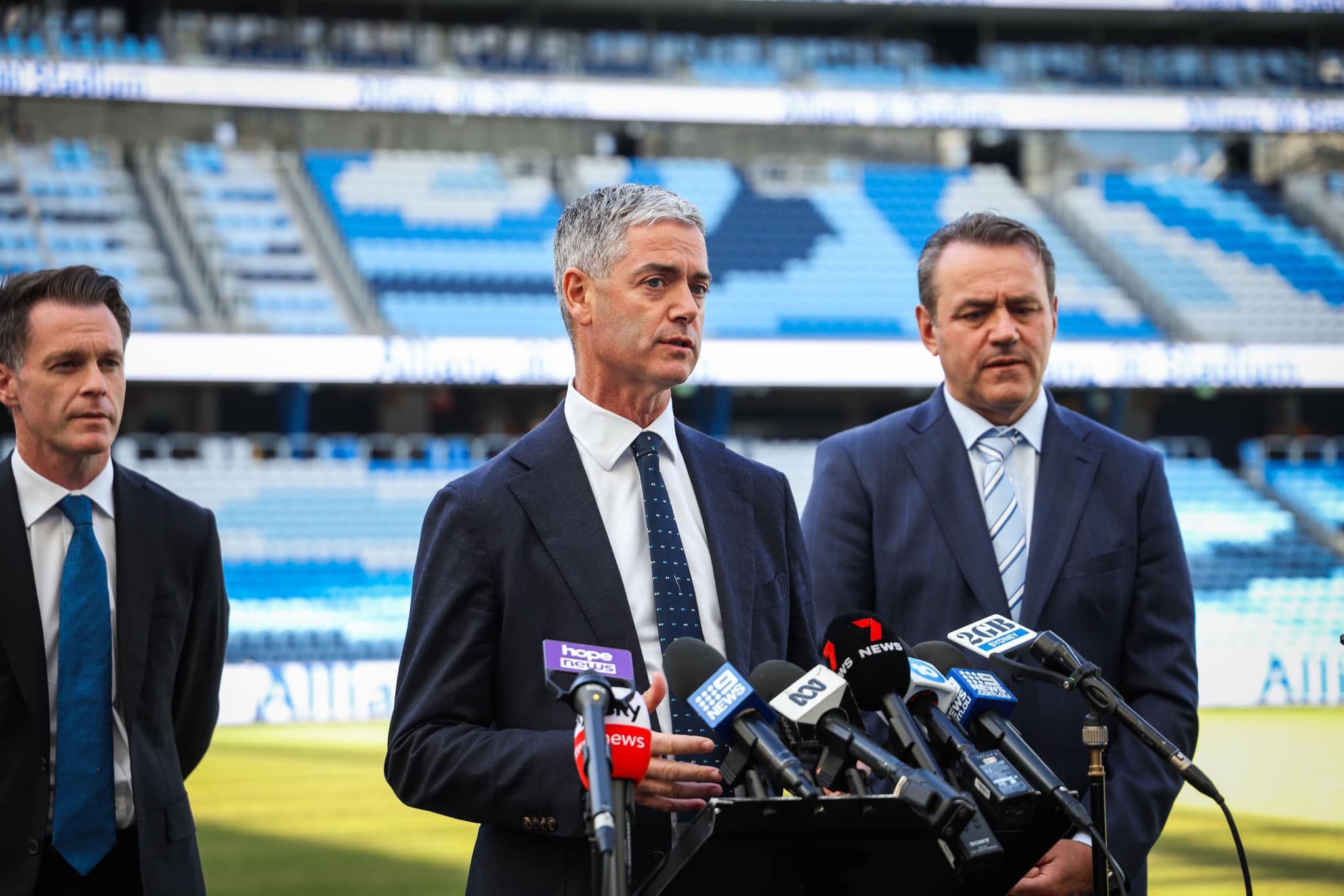
Commuters burdened by further price hikes on Sydney’s toll roads

Image: John Graham (centre). Image: John Graham/Facebook.
By CHRISTINE LAI.
Prices have hiked for tolls on Sydney’s major roads, placing an additional financial strain on motorists during the cost-of-living crisis.









